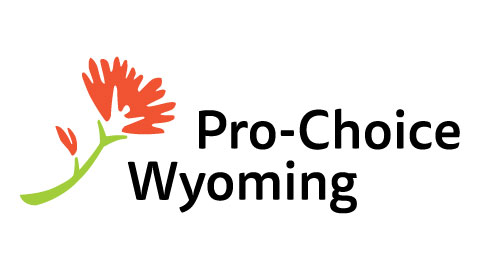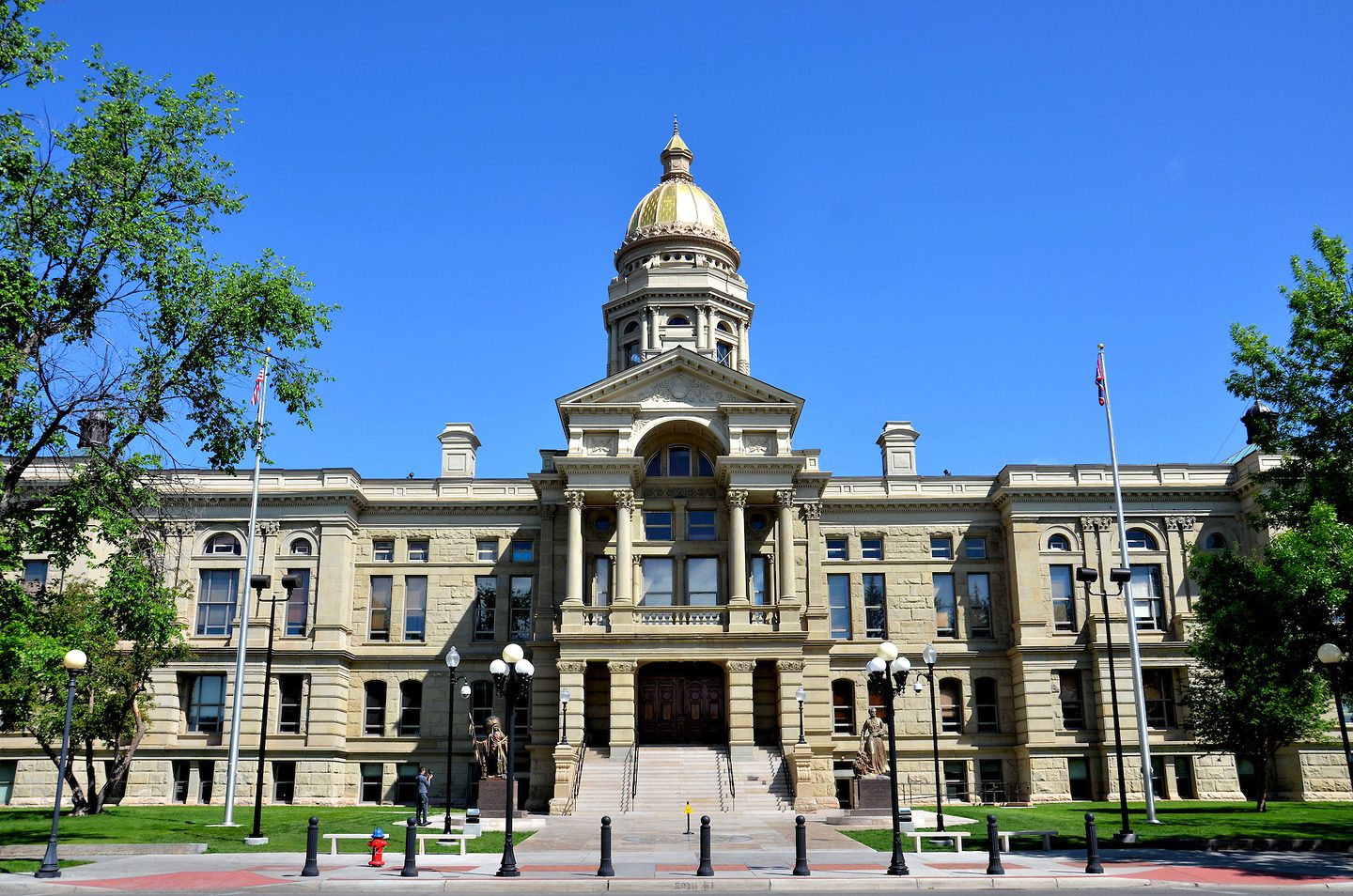Detailed information about the 2022 Wyoming legislative session — which ran February 14-March 11 — is available at https://wyoleg.gov.
These are the anti-choice bills we monitored and worked to defeat during the 2022 legislative session:
Abortion Bans
House Bill No. HB0092 “Abortion prohibition-supreme court decision” makes abortion and abortion funding illegal in Wyoming if the U.S. Supreme Court overturns Roe v. Wade. Exceptions to the ban are for rape, incest, or if the pregnant person’s life is endangered or they are at risk of irreversible impairment of a major bodily function. This bill passed in the House and Senate and was signed into law by the Governor. Legislators’ votes are available here. Outlawing abortion will cause more people use self-managed abortion or seek out possibly unsafe methods to terminate pregnancies; have to travel out of state for essential health care; and face increased risks of maternal mortality associated with carrying pregnancies to term.
House Bill No. HB0149 “Human life equality-prohibiting discriminatory abortions” prohibited abortion for certain reasons (including lethal fetal anomalies) and many disabilities and provided up to 14 years’ imprisonment for anyone found guilty of violating the law. The bill received the necessary two-thirds vote for introduction, passed in the House Labor-Health Committee, but was not considered again by the full House. Representatives’ votes are available here. It is impossible to know all the personal circumstances behind an individual’s decision to continue or end a pregnancy. Every person’s situation is different and should be respected as theirs to make, with their family and health care provider.
Senate File No. SF0083 “Prohibiting chemical abortions” would have outlawed medication (RU 486) abortion in Wyoming. The only exception to the ban would have been if the pregnant person’s life were endangered. The bill received the necessary two-thirds vote for introduction, passed in the Senate Labor-Health Committee, passed in the full Senate, but was not considered by the House. Senators’ votes are available here. Mifepristone (RU 486) was approved by the U.S. Food and Drug Administration in 2000 and has provided a safe, nonsurgical option for early pregnancy termination for over 20 years. It is approved for use up to 10 weeks into a pregnancy. Outlawing this abortion method would cause more people to use self-managed abortion, seek out possibly unsafe methods to terminate pregnancies, travel out of state for medical care, and face the health risks of carrying an unwanted pregnancy to term.
Drug Use While Pregnant
House Bill No. HB0085 “Child endangering-controlled substance use while pregnant” would have made it a crime for a pregnant person to knowingly consume meth or certain other controlled substances. The bill received the necessary two-thirds vote for introduction, passed in the House Labor-Health Committee, passed in the full House, passed in the Senate Judiciary Committee, but then failed in the full Senate. Legislators’ votes are available here.
Senate File No. SF0089 “Child protection-dangerous drugs” would have sent someone to prison for up to 10 years for “unborn child” abuse if the person used nonprescription controlled substances while pregnant, the newborn tested positive for a controlled substance, and the newborn had birth defects. The bill received the necessary two-thirds vote for introduction but then failed in the Senate Labor, Health & Social Services Committee. Senators’ votes are available here.
Leading medical and public health groups oppose such laws. Pregnant persons facing prosecution, jail time, and fines may be afraid to get needed prenatal care or may terminate wanted pregnancies to avoid lengthy prison sentences. People with substance abuse problems need treatment, and that is a more productive focus of efforts.
Manslaughter Charges
House Bill No. HB0150 “Manslaughter amendments” prohibited assisted suicide and created a new manslaughter crime for violating existing laws governing post-viability abortions. Pro-Choice Wyoming does not have a position on assisted suicide but opposed the parts of HB150 relating to abortions. The bill was not brought up for a vote. This new language was unnecessary because existing statutes already create a felony and penalty (up to 14 years in prison) for violating statutes related to post-viability abortions.






